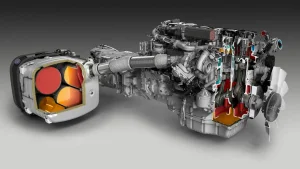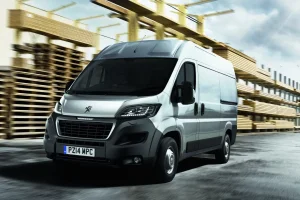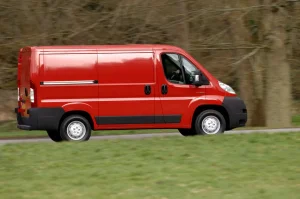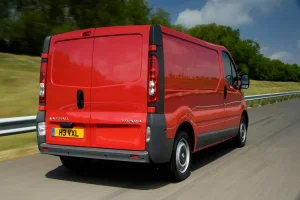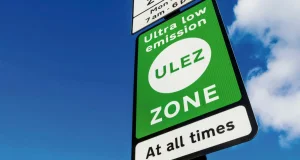Common Issues With a 2014 Vauxhall Vivaro 2.0: You’re eyeing a 2014 Vauxhall Vivaro, aren’t you? It’s a beauty, but you’ve heard about potential hiccups lurking under the hood.
Don’t fret! This article’s got your back. We’ll delve into the common issues with this model, from engine problems to electric faults.
By the end, you’ll know what to watch out for, helping you make an informed decision. Let’s demystify this van together, ensuring you’re prepared for your next big purchase.
Understanding the 2014 Vauxhall Vivaro Model
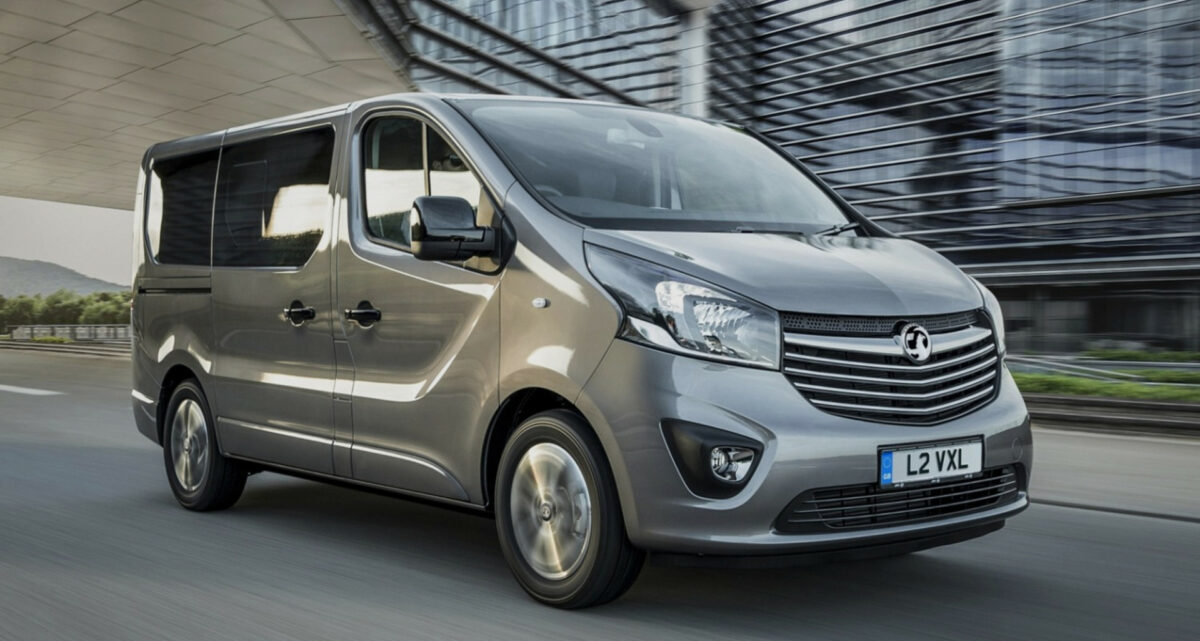
Before you can comprehend the common issues with this particular model, it’s crucial that you familiarise yourself with the 2006 and 2014 Vauxhall Vivaro’s features and specifications.
This is a versatile van, boasting the Vauxhall Vivaro 2.0 CDTI engine, known for its power and reliability. However, even the best-engineered vehicles aren’t exempt from problems, and Vivaro CDTI engine problems do exist.
By understanding the 2014 Vauxhall Vivaro model, you can better serve those who rely on this van for their livelihood. Whether you’re a mechanic looking to improve your knowledge or a Vauxhall Vivaro owner seeking to understand common problems, this Vauxhall Vivaro review is for you.
Together, we can ensure that every Vauxhall Vivaro van remains a reliable workhorse for years to come.
Engine Issues in the 2014 Vauxhall Vivaro
While you’re likely to appreciate the power and reliability of your 2014 Vauxhall Vivaro’s engine, it’s essential to be aware that it’s not immune to potential issues. Diesel engine problems are common with the Vauxhall Vivaro, especially with the CDTI models.
Here’s a brief overview of the most frequent engine problems:
| Issue | Frequency |
|---|---|
| Diesel Particle Filter | Often |
| EGR Valve | Sometimes |
| Turbo Faults | Occasionally |
| Injectors | Rarely |
| Timing Chain | Very Rarely |
Gear Linkage Problems and Their Causes
You’ve sorted out your engine issues, but don’t let up just yet as gear linkage problems can crop up causing difficult gear changes or even leaving you stuck in one gear.
This is a common issue with the 2014 Vauxhall Vivaro. The gear linkage issues typically occur due to worn or damaged parts, often caused by regular use or lack of maintenance.
If you’re noticing these Vivaro issues, it’s crucial to seek professional help immediately. Ignoring gear linkage problems can lead to more severe complications, like damage to your transmission system.
Electrical Faults and Their Impact on Performance
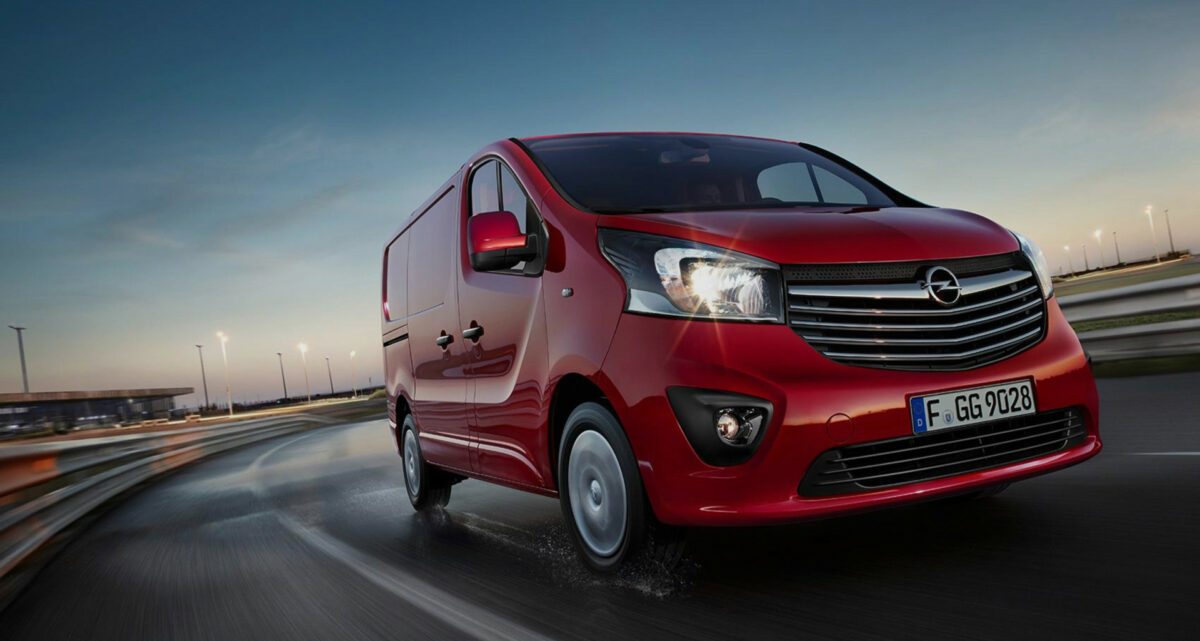
Next, let’s focus on electrical faults in your Vauxhall Vivaro, as they can seriously impact your van’s performance and overall reliability. Vivaro electrical issues are a common Vauxhall Vivaro problem and are often overlooked until major power loss occurs.
These faults can:
- Affect the dash electronics, causing confusing and erratic readings
- Lead to issues with starting the van, affecting its reliability
- Result in major power loss, hampering performance
The Turbocharger and Related Faults
Experiencing turbocharger faults in your 2014 Vauxhall Vivaro can be quite frustrating, often leading to a decrease in performance and fuel efficiency. When the turbocharger malfunctions, it will cause your van to go into limp mode and lose power. This issue is typically caused by the turbo pressure switch controlled by the engine control unit (ECU).
Now, let’s break down some common turbocharger faults and their symptoms:
| Fault | Symptoms |
|---|---|
| Blocked or leaking air intake | Reduced acceleration, increased fuel consumption |
| Damaged turbo pressure switch | Van goes into limp mode, noticeable power loss |
To serve your van better, it’s crucial to address these issues promptly. Regular maintenance is key to keeping your Vauxhall Vivaro running smoothly and efficiently.
Issues With the Bonnet Seal: an In-Depth Look
In your journey with a 2014 Vauxhall Vivaro, you might’ve noticed some issues with the bonnet seal, and it’s crucial to address them promptly. The vauxhall vivaro bonnet seal at the base of the windscreen can deteriorate over time. This can lead to problems such as a failed bonnet catch or rainwater dripping into the engine bay.
Here are the common issues related to the bonnet seal:
- Deterioration of the bonnet seal at the base of the windscreen.
- A failed bonnet catch due to a faulty or worn out seal.
- Rainwater dripping into the engine bay, causing potential damage to the engine components.
These problems can be avoided with proper maintenance and replacement of the bonnet seal when necessary.

Fuel Injectors and Cylinder Head Problems
You’re likely to encounter problems with the fuel injectors and cylinder head in a 2014 Vauxhall Vivaro, which can significantly affect the van’s performance. These Vauxhall Vivaro problems are often linked to the DCI MR diesel engine’s injectors. Wear on the injectors can lead to inefficient fuel delivery, which in turn can result in a loss of power and poor fuel economy.
Another issue you might face involves the cylinder head. Vauxhalls are known to experience corrosion between the cylinder head and the engine block, which can lead to coolant leaks and engine overheating.
Regular maintenance and check-ups can help you detect these issues early and get them fixed, keeping your Vivaro running smoothly and efficiently for longer.
Dealing With Common Fault Codes
When dealing with common fault codes on your 2014 Vauxhall Vivaro, it’s essential to understand what each code means to effectively address the issue. These codes are a key to solving the common issues with a 2014 Vauxhall Vivaro.
You’ll need to:
-
Analyse the fault code: This requires a diagnostic tool which you run to analyse the fault. It can pinpoint issues such as reduced fuel pressure preventing the van from starting, or shorts in the wiring.
-
Check the ignition switch or wiring: Faults here can prevent the engine starting.
-
Inspect the wiring: Look for shorts in the wiring that can cause various issues.
Dealing with common fault codes can be straightforward if you know what to look for and have the right tools.
Suspension Condition and Related Concerns
How often are you checking the condition of your suspension, and are you aware of the common issues that could arise if it’s not properly maintained? When buying a Vauxhall Vivaro, suspension condition and related concerns should be high on your list of checks.
Here’s a table to outline the common suspension issues you may encounter with second generation Vivaro vans:
| Issue | Impact | Solution |
|---|---|---|
| Worn out bushings | Poor handling | Replace bushings |
| Leaking shocks | Rough rides | Fix leaks or replace shocks |
| Broken springs | Vehicle sagging | Replace springs |
| Damaged struts | Unstable driving | Replace struts |
| Wheel misalignment | Uneven tire wear | Perform wheel alignment |
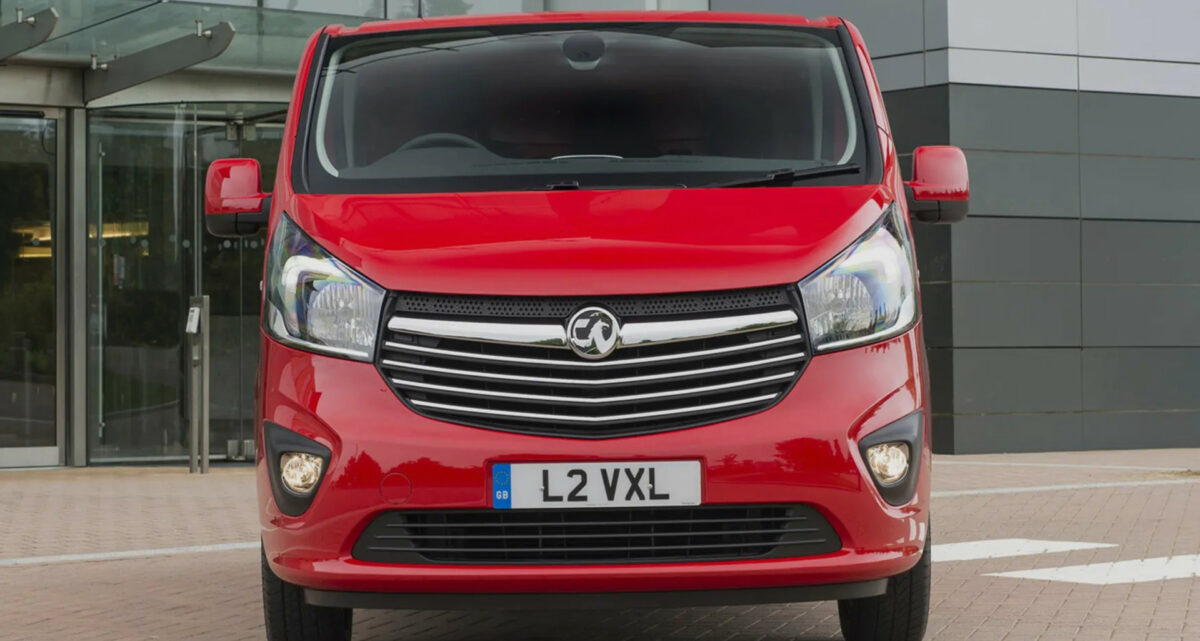
Power Steering Pumps: Common Issues and Fixes
Although you mightn’t think about it often, if your power steering pump starts acting up, you’ll notice it quickly. Many owners of the 2014 Vauxhall Vivaro have reported problems with the power steering pumps. This common issue can hinder the reliability of a used van.
Here are some typical issues and fixes:
-
Whining Noise: If your van emits a high-pitched sound, the pump might be failing. Regular maintenance can prevent this.
-
Heavy Steering: This issue might mean your pump isn’t working properly. Replacing the pump can solve this.
-
Fluid Leaks: Regularly check your van for any leaks. If found, you might need to replace the pump or its seals.
Take care of your Vauxhall Vivaro, and it’ll take care of you.
Conclusion
So, there you have it. The 2014 Vauxhall Vivaro may be a tempting purchase with its roomy interior and smooth engine, but it’s crucial to be aware of potential pitfalls.
From engine issues to electrical faults, knowing these common problems empowers you to make an informed decision.
Remember, a well-informed buyer is a smart buyer. Now you’re equipped with the knowledge to decide if the 2014 Vauxhall Vivaro is the right van for you.

